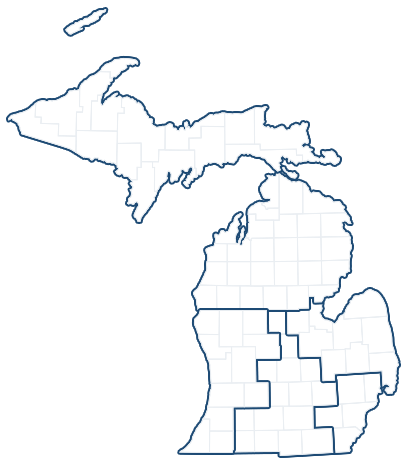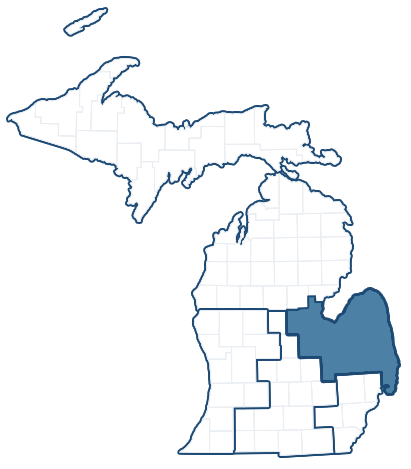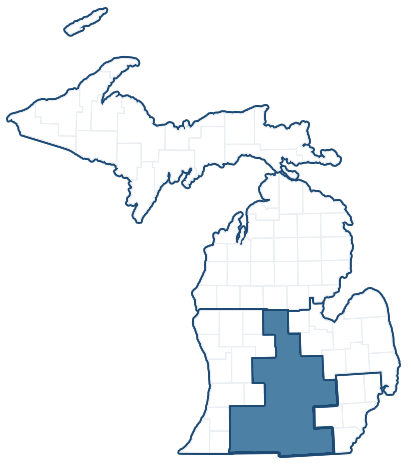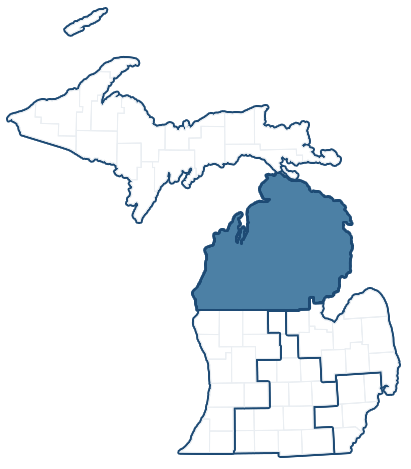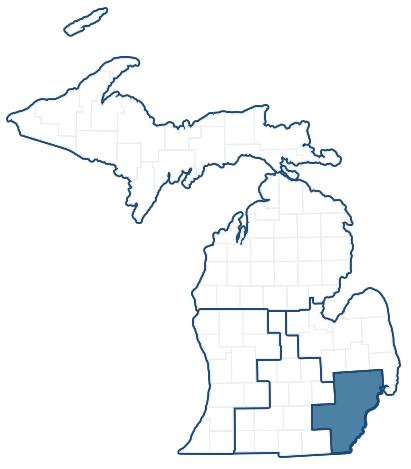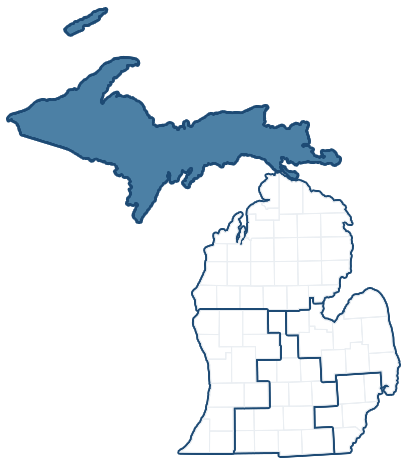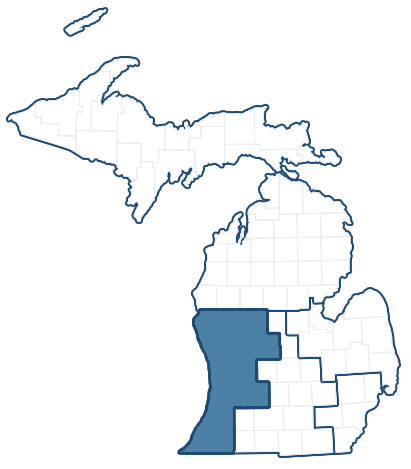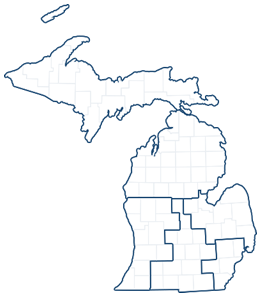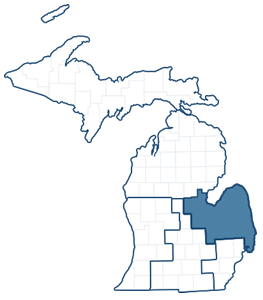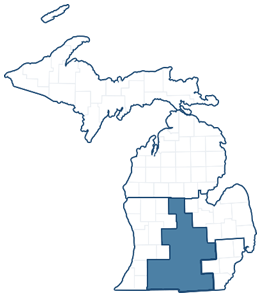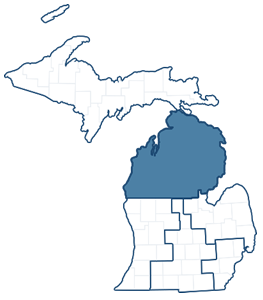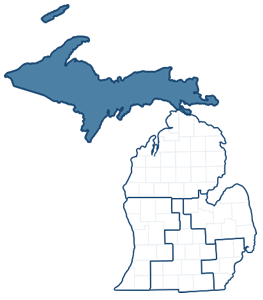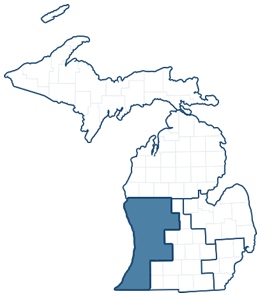Stabenow, Kildee, Moolenaar, Peters Introduce Resolution to Stop Canadian Nuclear Waste Site Near Great Lakes
Friday, January 17, 2020Bipartisan Resolution Asks President to Work with Canada to Find Alternative Location for Nuclear Waste Other than Near Great Lakes
WASHINGTON—U.S. Senators Debbie Stabenow (D-MI) and Gary Peters (D-MI), along with Congressman Dan Kildee (MI-05) and Congressman John Moolenaar (MI-04), today introduced a bipartisan resolution opposing Canada’s placement of a permanent nuclear waste storage site near the shared Great Lakes Basin, which is currently being considered at two sites by Canada.
For years, Canada has considered storing 52 million gallons of low- and medium- level nuclear waste in Kincardine, Ontario, less than a mile from Lake Huron. Now, Canada is also considering storing more than 50,000 tons of high-level nuclear waste in the Great Lakes Basin.
“The Government of Canada should not allow a permanent nuclear waste repository to be built within the Great Lakes Basin,” the bipartisan resolution reads in part.
The congressional resolution asserts that President Donald Trump and his administration should work with the Canadian government to find an alternative location to permanently store nuclear waste outside of the Great Lakes basin. The resolution is supported by other Democrats and Republicans in the Michigan delegation, including Congressman Fred Upton (MI-06), Congressman Bill Huizenga (MI-02), Congresswoman Brenda Lawrence (MI-14), Congresswoman Debbie Dingell (MI-12), Congressman Paul Mitchell (MI-10), Congressman Jack Bergman (MI-01), Congresswoman Haley Stevens (MI-11), Congressman Andy Levin (MI-09), Congresswoman Elissa Slotkin (MI-08), and Congresswoman Rashida Tlaib (MI-13).
“The health of the Great Lakes impacts our economy, environment, and way of life in Michigan. A nuclear waste spill near our lakes would have devastating consequences that would last for generations. I strongly urge our Canadian neighbors to make the right choice and stop any plan to store dangerous nuclear waste so close to the Great Lakes,” said Senator Stabenow.
“Hazardous nuclear waste should not be stored near the Great Lakes, which provide drinking water to over 40 million people and are part of who we are as Michiganders. Any accident could have catastrophic and long-term consequences to the health and well-being of Michigan and the country. I will continue to push Canada to reconsider building a permanent nuclear waste storage site so close to the Great Lakes,” said Senator Peters.
“Permanently storing nuclear waste less than a mile from Lake Huron just doesn’t make sense and poses a great risk to our Great Lakes. The Great Lakes are not only part of our way of life in Michigan, they also help to support our economy and over a million good-paying jobs. Surely in the vast land mass that comprises Canada, there is a better place to permanently store nuclear waste than on the shores of the world’s largest supply of fresh water,” Congressman Kildee said.
“The Canadian government’s proposal to use a site on the shores of Lake Huron for its nuclear waste is an affront to the cooperation between our two nations that has protected the Great Lakes for decades. The Great Lakes support tourism in both countries, and millions of Americans and Canadians enjoy boating and fishing on them each year. The government of Canada should look for a new location that is far away from the Great Lakes for storing its nuclear waste” said Congressman John Moolenaar.
Over 40 million people in Canada and the United States get their drinking water from the Great Lakes and the highly toxic waste could take tens of thousands of years to decompose to safe levels.
Ontario Power Generation (OPG), a provincial corporation that owns nuclear power plants in Ontario is currently considering building a permanent underground nuclear waste repository in Kincardine, Ontario, less than a mile from Lake Huron. In addition, a non-profit created by the Canadian government, the Nuclear Waste Management Organization (NWMO), is proposing to build another permanent nuclear waste repository near Kincardine to store high-level nuclear waste also in the Great Lakes basin.
###
Next Article Previous Article



